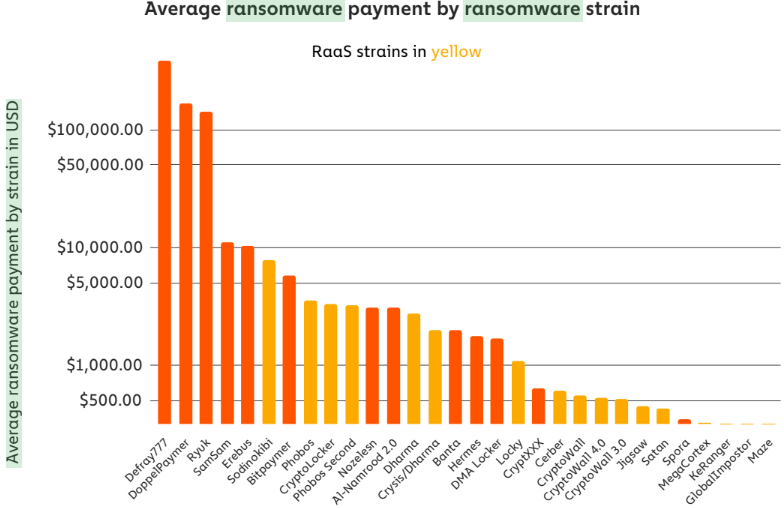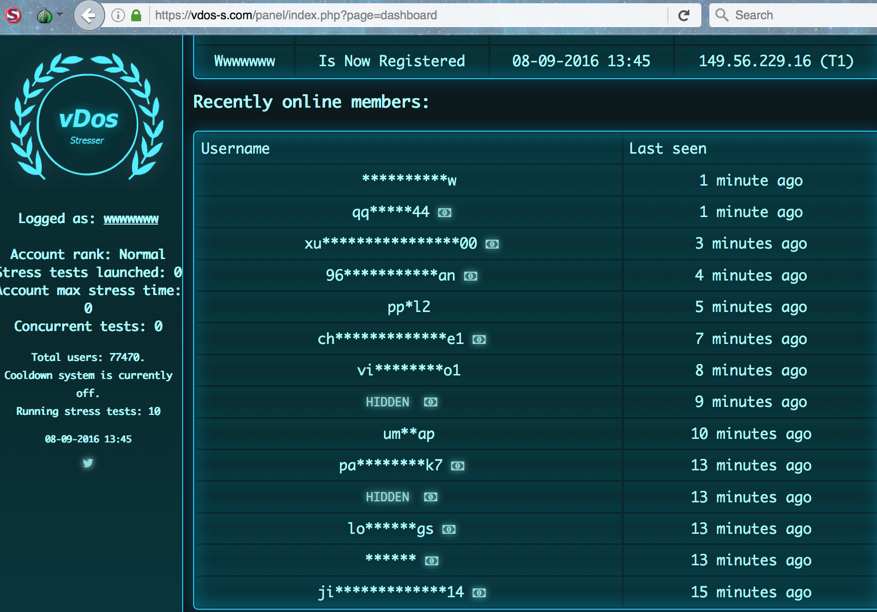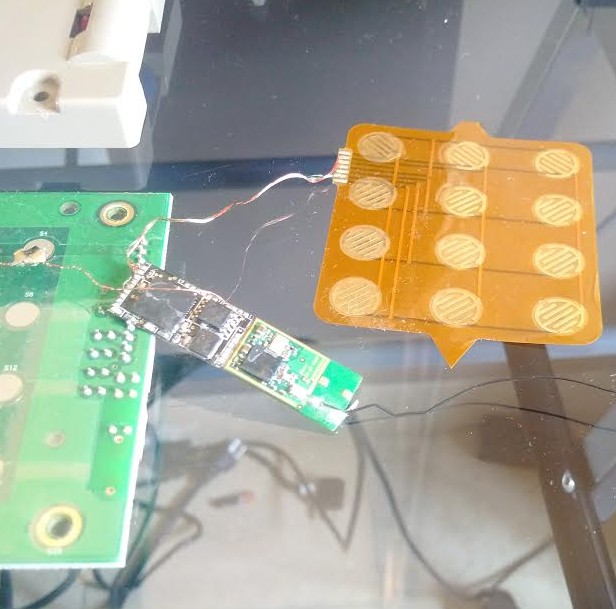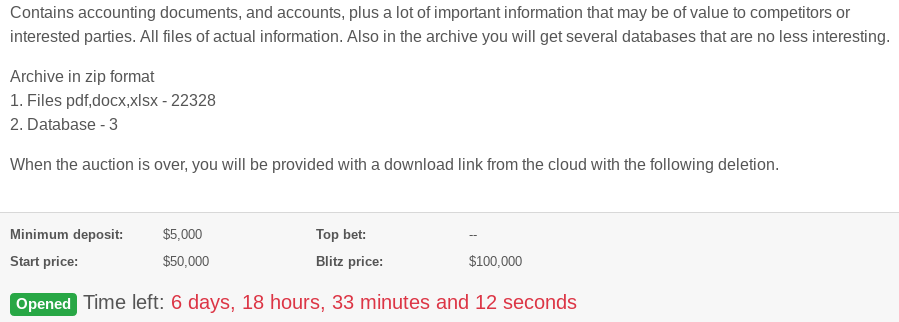Hundreds of popular websites now offer some form of multi-factor authentication (MFA), which can help users safeguard access to accounts when their password is breached or stolen. But people who don’t take advantage of these added safeguards may find it far more difficult to regain access when their account gets hacked, because increasingly thieves will enable multi-factor options and tie the account to a device they control. Here’s the story of one such incident.

As a career chief privacy officer for different organizations, Dennis Dayman has tried to instill in his twin boys the importance of securing their online identities against account takeovers. Both are avid gamers on Microsoft’s Xbox platform, and for years their father managed their accounts via his own Microsoft account. But when the boys turned 18, they converted their child accounts to adult, effectively taking themselves out from under their dad’s control.
On a recent morning, one of Dayman’s sons found he could no longer access his Xbox account. The younger Dayman admitted to his dad that he’d reused his Xbox profile password elsewhere, and that he hadn’t enabled multi-factor authentication for the account.
When the two of them sat down to reset his password, the screen displayed a notice saying there was a new Gmail address tied to his Xbox account. When they went to turn on multi-factor authentication for his son’s Xbox profile — which was tied to a non-Microsoft email address — the Xbox service said it would send a notification of the change to unauthorized Gmail account in his profile.
Wary of alerting the hackers that they were wise to their intrusion, Dennis tried contacting Microsoft Xbox support, but found he couldn’t open a support ticket from a non-Microsoft account. Using his other son’s Outlook account, he filed a ticket about the incident with Microsoft.
Dennis soon learned the unauthorized Gmail address added to his son’s hacked Xbox account also had enabled MFA. Meaning, his son would be unable to reset the account’s password without approval from the person in control of the Gmail account.
Luckily for Dayman’s son, he hadn’t re-used the same password for the email address tied to his Xbox profile. Nevertheless, the thieves began abusing their access to purchase games on Xbox and third-party sites.
“During this period, we started realizing that his bank account was being drawn down through purchases of games from Xbox and [Electronic Arts],” Dayman the elder recalled. “I pulled the recovery codes for his Xbox account out of the safe, but because the hacker came in and turned on multi-factor, those codes were useless to us.”
Microsoft support sent Dayman and his son a list of 20 questions to answer about their account, such as the serial number on the Xbox console originally tied to the account when it was created. But despite answering all of those questions successfully, Microsoft refused to let them reset the password, Dayman said.
“They said their policy was not to turn over accounts to someone who couldn’t provide the second factor,” he said.
Dayman’s case was eventually escalated to Tier 3 Support at Microsoft, which was able to walk him through creating a new Microsoft account, enabling MFA on it, and then migrating his son’s Xbox profile over to the new account.
Microsoft told KrebsOnSecurity that while users currently are not prompted to enable two-step verification upon sign-up, they always have the option to enable the feature.
“Users are also prompted shortly after account creation to add additional security information if they have not yet done so, which enables the customer to receive security alerts and security promotions when they login to their account,” the company said in a written statement. “When we notice an unusual sign-in attempt from a new location or device, we help protect the account by challenging the login and send the user a notification. If a customer’s account is ever compromised, we will take the necessary steps to help them recover the account.” Continue reading




 On June 16, authorities in Michigan arrested 29-year-old Justin Sean Johnson in connection with a 43-count indictment on charges of conspiracy, wire fraud and aggravated identity theft.
On June 16, authorities in Michigan arrested 29-year-old Justin Sean Johnson in connection with a 43-count indictment on charges of conspiracy, wire fraud and aggravated identity theft.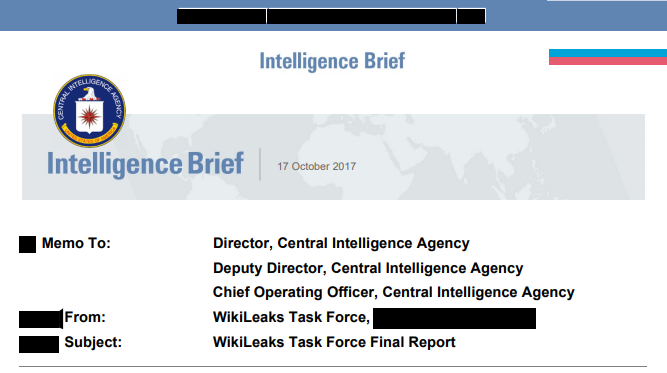
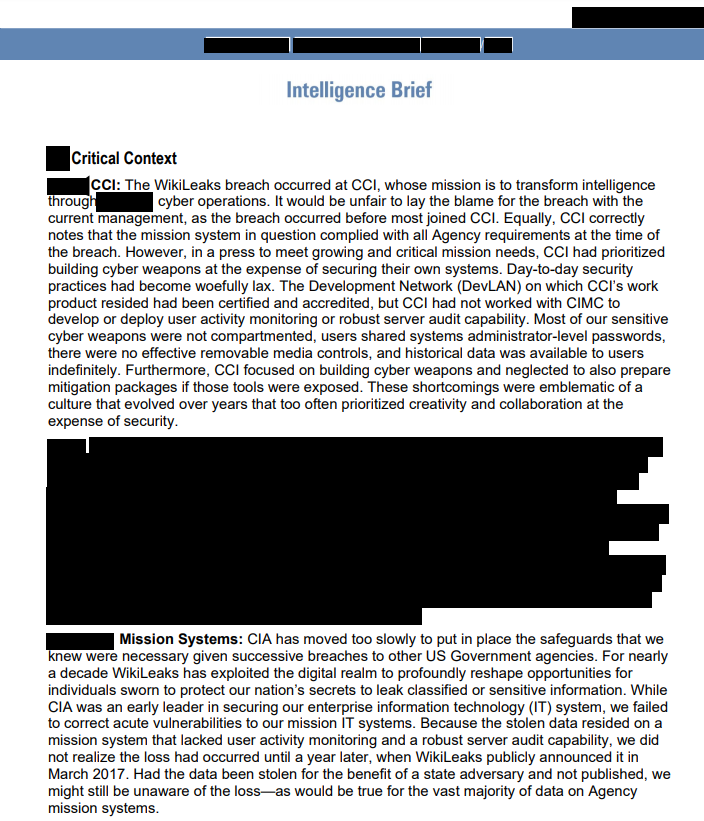
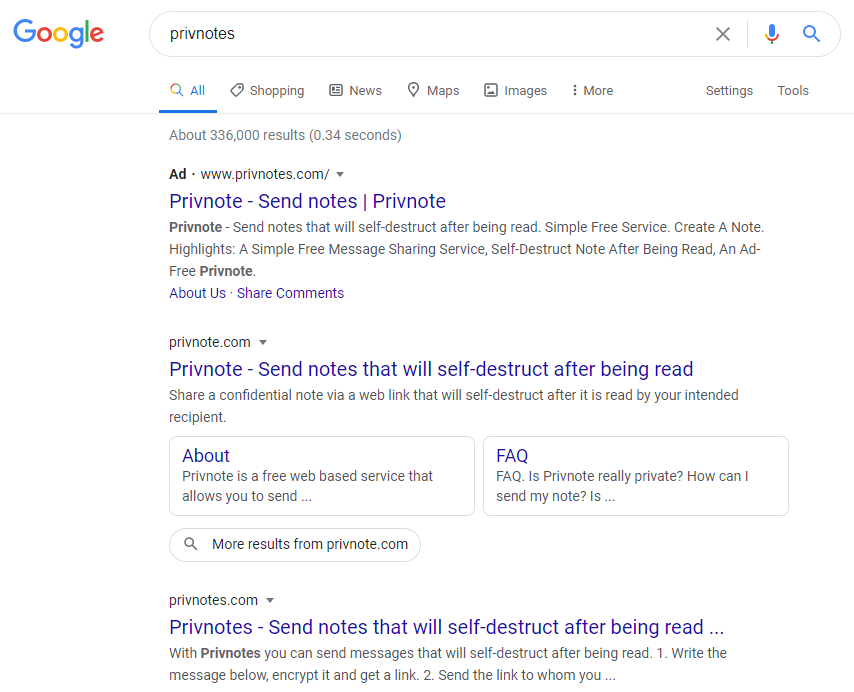
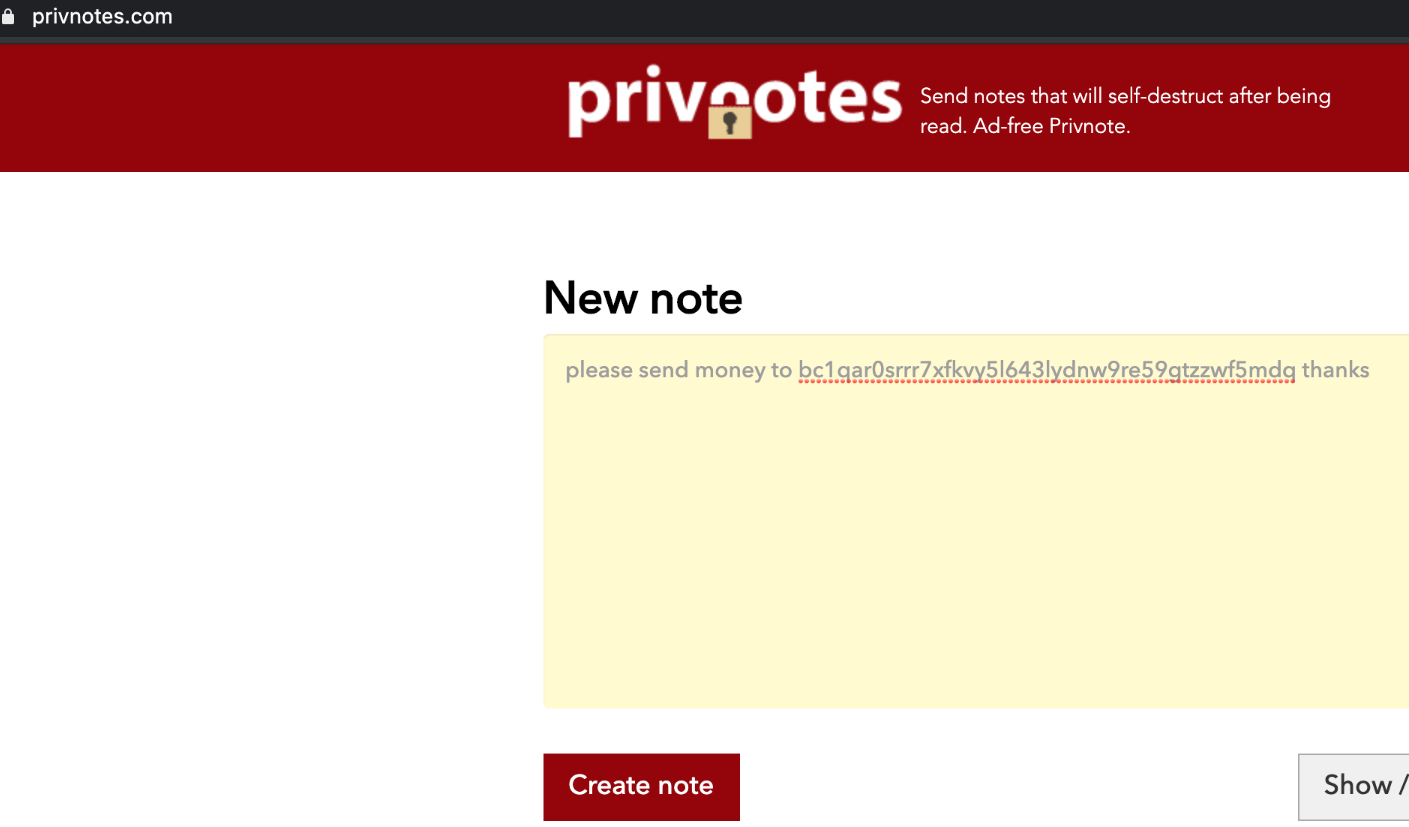
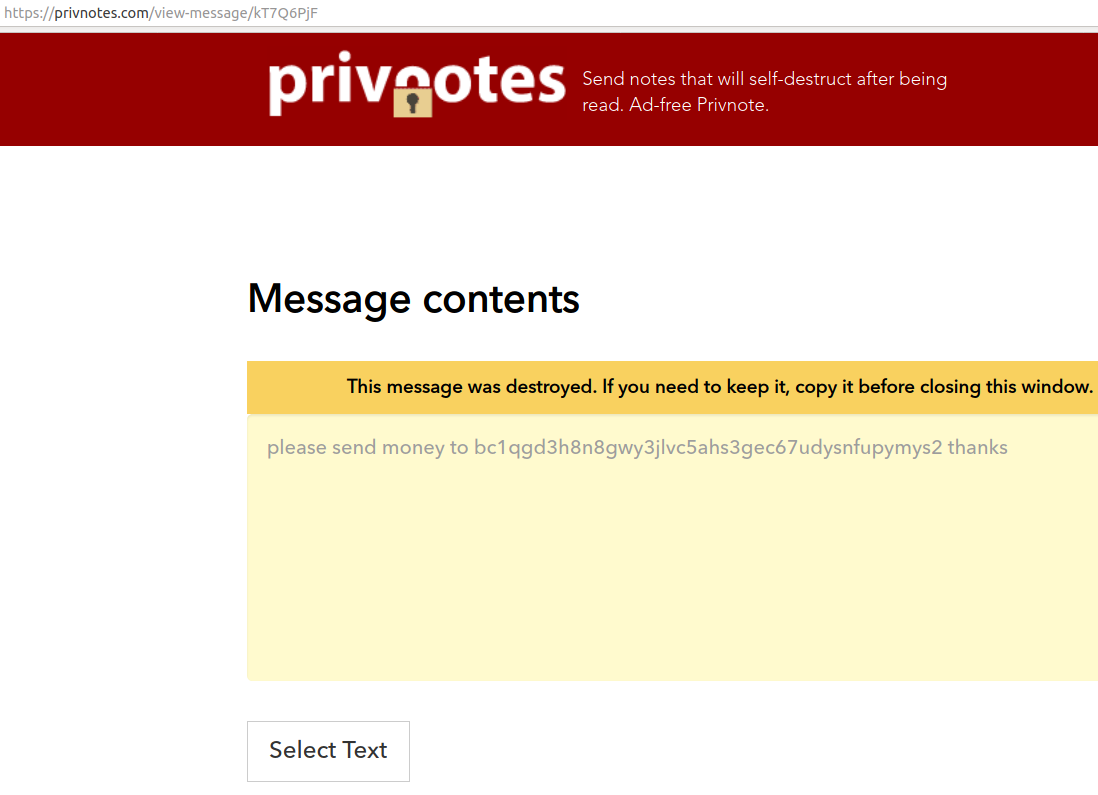
 June marks the fourth month in a row that Microsoft has issued fixes to address more than 100 security flaws in its products. Eleven of the updates address problems Microsoft deems “critical,” meaning they could be exploited by malware or malcontents to seize complete, remote control over vulnerable systems without any help from users.
June marks the fourth month in a row that Microsoft has issued fixes to address more than 100 security flaws in its products. Eleven of the updates address problems Microsoft deems “critical,” meaning they could be exploited by malware or malcontents to seize complete, remote control over vulnerable systems without any help from users.
